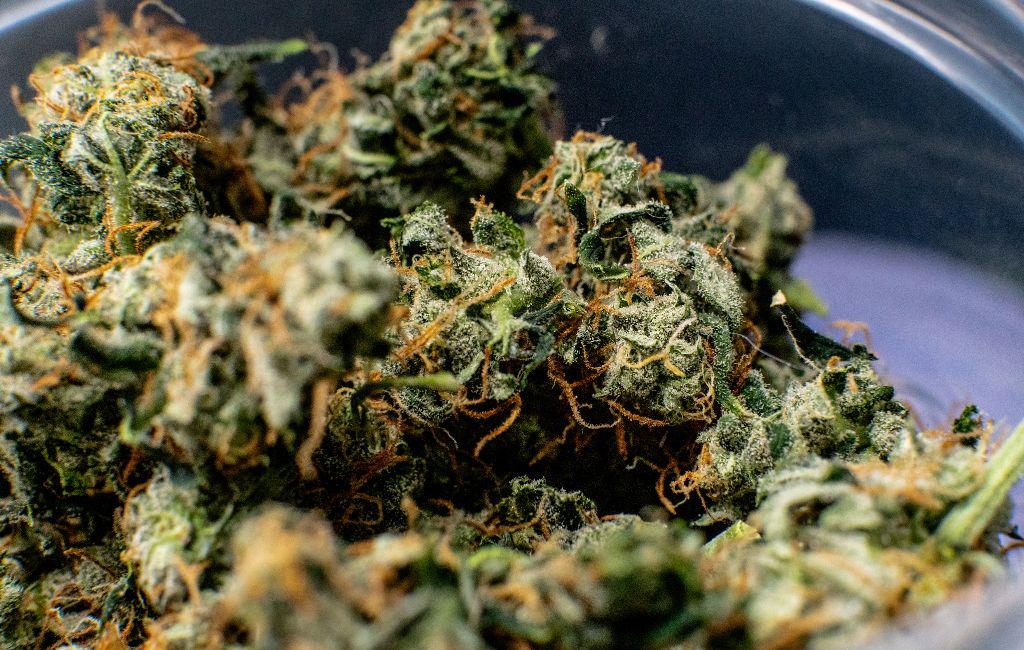THCa Flower Strains: A Healing Revolution
The world of cannabis is ever-evolving, with new discoveries and innovations continually reshaping our understanding of this ancient plant. One of the most exciting developments in recent years is the emergence of THCa flower strains. These strains are gaining attention for their potential therapeutic benefits and unique properties. This article explores the significance of THCa flower strains https://indacloud.co/product/ice-cream-cake-thca-flower/, their potential health benefits, and their impact on the cannabis industry.
Understanding THCa: The Precursor to THC
THCa, or tetrahydrocannabinolic acid, is a non-psychoactive cannabinoid found in raw and live cannabis. Unlike THC, which is known for its psychoactive effects, THCa does not produce a “high” when consumed. This is because THCa must undergo decarboxylation, a process typically triggered by heat, to convert into THC.
THCa is abundant in fresh cannabis plants and is often found in higher concentrations in certain strains. As interest in cannabis for medicinal purposes grows, so does the curiosity about THCa and its potential benefits.
Potential Health Benefits of THCa
Research into the therapeutic properties of THCa is still in its early stages, but preliminary findings suggest several potential health benefits:
- Anti-inflammatory Properties: THCa has shown promise in reducing inflammation, which could be beneficial for conditions such as arthritis and inflammatory bowel disease.
- Neuroprotective Effects: Some studies indicate that THCa may have neuroprotective properties, potentially aiding in the treatment of neurodegenerative diseases like Alzheimer’s and Parkinson’s.
- Anti-emetic Effects: THCa may help alleviate nausea and vomiting, making it a potential option for patients undergoing chemotherapy or those with chronic gastrointestinal issues.
- Appetite Stimulation: Similar to THC, THCa may help stimulate appetite, which can be beneficial for individuals dealing with appetite loss due to medical conditions or treatments.
Popular THCa Flower Strains
Several cannabis strains are known for their high THCa content. These strains are often sought after for their potential therapeutic benefits and unique profiles:
- Jack Herer: Known for its uplifting effects, Jack Herer is a sativa-dominant strain with a rich THCa profile. It’s often used to enhance focus and creativity.
- Harlequin: This strain is renowned for its balanced cannabinoid profile, offering a high THCa content with minimal psychoactive effects. It’s popular among those seeking relief from pain and anxiety.
- ACDC: ACDC is a CBD-rich strain with significant THCa levels. It’s favored for its calming effects and potential to alleviate stress and inflammation.
Case Studies and Real-World Applications
Several case studies highlight the potential of THCa in real-world applications. For instance, a study published in the “Journal of Clinical Psychopharmacology” explored the use of THCa in managing treatment-resistant epilepsy. The findings suggested that THCa could reduce seizure frequency in some patients, offering a new avenue for those who have not responded to traditional treatments.
Another case study focused on a patient with chronic pain who experienced significant relief after incorporating THCa-rich cannabis into their regimen. These examples underscore the potential of THCa as a therapeutic agent, though more research is needed to fully understand its capabilities.
The Impact on the Cannabis Industry
The rise of THCa flower strains is influencing the cannabis industry in several ways. As consumers become more educated about cannabinoids, there is a growing demand for products that offer specific therapeutic benefits without psychoactive effects. This shift is prompting breeders to develop new strains with higher THCa content, catering to a market that values health and wellness.
Moreover, the legal landscape surrounding cannabis is evolving, with more regions recognizing the potential medical benefits of cannabinoids like THCa. This is leading to increased research funding and a broader acceptance of cannabis as a legitimate therapeutic option.
Challenges and Considerations
Despite the promising potential of THCa, there are challenges to consider. The lack of comprehensive research means that much of the evidence supporting THCa’s benefits is anecdotal. Additionally, the legal status of cannabis varies widely, affecting access to THCa-rich products in different regions.
Consumers interested in exploring THCa should consult with healthcare professionals and consider the legal implications in their area. As research progresses, it is hoped that more definitive conclusions about THCa’s therapeutic potential will emerge.
Conclusion
THCa flower strains represent an exciting frontier in the world of cannabis. With potential benefits ranging from anti-inflammatory effects to neuroprotection, these strains offer a promising alternative for those seeking therapeutic relief without psychoactive effects. As research continues and the cannabis industry evolves, THCa may play a significant role in the future of natural medicine. The journey of understanding and harnessing THCa’s full potential is just beginning, promising a new era of healing possibilities.

